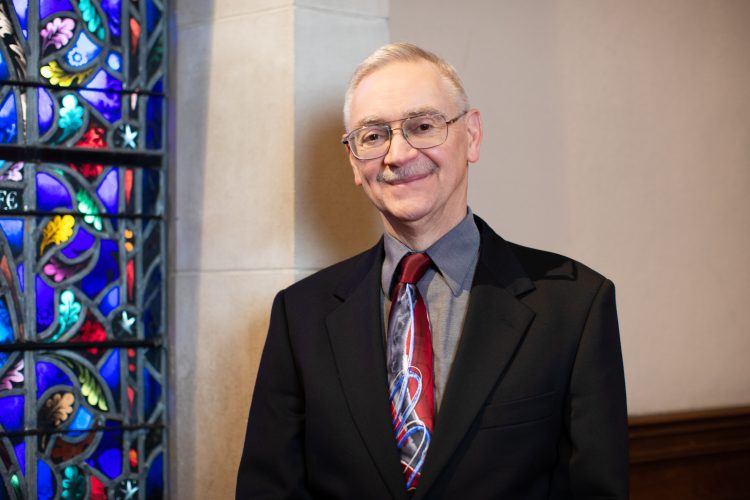By Joe Walker, Minister of Congregational Care
I expect you’ll use the bathroom today. But you might not give any thought to the toilet as one symbol of a functional and peaceful society.
War correspondent, Jane Ferguson, in her new book, No Ordinary Assignment, writes: “A short stroll down a dirt path between the trees led to the toilet, a hut of corrugated metal positioned over a hole in the ground. I don’t know how many soldiers shared it, but it was too many. The smell made my eyes water… I thought of something Martha Gellhorn wrote when she was traveling in Chad: ‘The latrine broke my lion heart.’” For these hardened war correspondents, the absence of basic sanitation was a powerful symbol of the inhumanity and destruction all around them.
Admittedly, war is the ultimate example of social collapse and not having toilets is by no means the most horrific aspect of war. But you get the point that as armed conflict is at the far end of the spectrum, there is a continuum of civilized living and mutual care – or lack thereof – and from history we know that it is all too easy for someone to “move the needle” in the wrong direction on that scale.
On the other hand, when we live as Jesus calls us to, we “move the needle” on the continuum toward wholeness and welcome for our neighbors and away from selfishness, polarization, and hatred. When our church nurtures spiritual growth, models empathy, and facilitates inclusion and reconciliation, we support one another on our shared journey toward the peaceable kingdom Isaiah prophesied.
As a spiritual exercise, when you “visit the facilities,” you might ask yourself, “In what ways today have I chosen to “move the needle” toward love of neighbor, toward justice and peace?”




